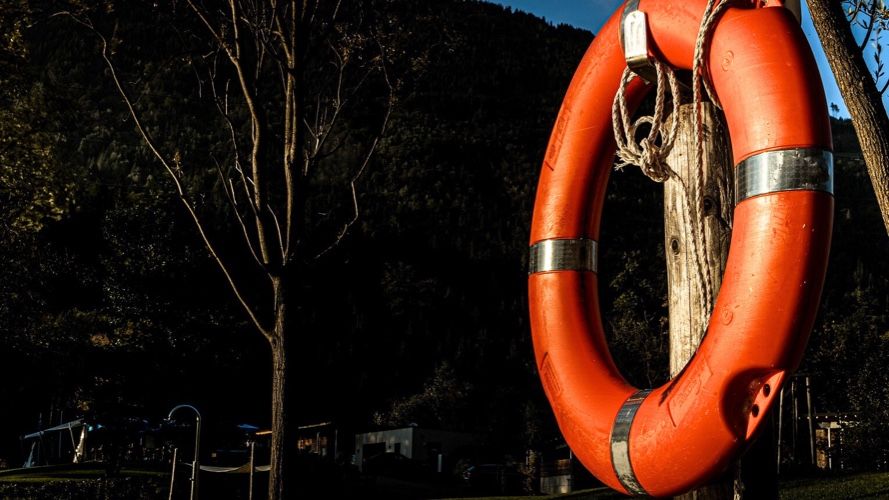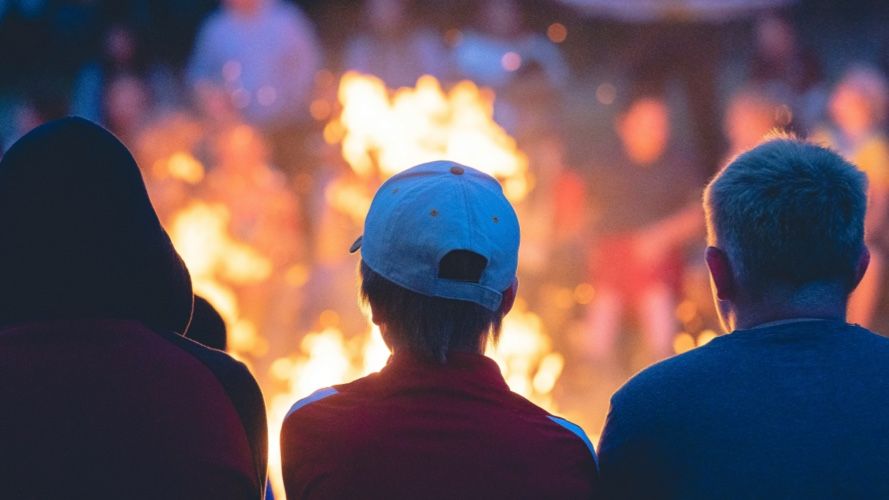The role of counselors: ensuring a safe environment for campers

Introduction
When you’re choosing a summer camp for your child, safety is everything. One of the biggest factors that shapes your child’s experience - and your peace of mind - is the quality of the camp’s counselors. These are the people who guide, support, and protect your child every day, especially when you’re not there. So, what should you look for in a summer camp when it comes to counselor care and safety?
We know this decision can feel overwhelming. You want to be sure your child is in trusted hands, surrounded by positive role models in a secure and structured setting. This post will walk you through what makes a great camp counselor, how they create a safe environment, and what questions to ask before making a final decision.
Key takeaways
- Look for camps with ACA accreditation - it signals strong counselor vetting and training.
- Camp counselors should be trained in safety, behavior management, and homesickness support.
- Low camper-to-counselor ratios mean more supervision and safer environments.
- Ask how counselors are selected, screened, and trained.
- A safe camp culture starts with well-supported, well-prepared staff.
Table of contents
Why counselors are the heart of camp safety
Camps often talk about activities, facilities, or meal plans - but the true heart of any camp is its staff. Camp counselors are the frontline of camper safety and wellbeing. They’re not just chaperones - they’re mentors, first responders, and role models.
Whether your child is shy, outgoing, independent, or still working through some camper readiness milestones, a strong counselor can make all the difference in how safe and supported they feel.
Camps that prioritize counselor quality typically show strength in other areas too: communication, structure, and overall camper care.
What makes a great camp counselor?
- Trained and Certified: CPR, first aid, and behavior management are musts.
- Warm and Engaging: Counselors should be tuned in to kids’ emotional needs.
- Positive Role Models: They should model inclusivity, respect, and kindness.
- Reliable and Observant: A great counselor notices when a child feels off or needs extra support.
Background checks matter
Any camp you consider should conduct thorough background checks on every staff member. ACA-accredited camps are required to meet strict counselor hiring and training standards, making them a strong choice for parents focused on summer camp safety tips.
How counselors keep campers safe
Counselors play a huge role in both physical and emotional safety. Here’s how:
- Supervision: Low camper-to-counselor ratios help prevent accidents and ensure each child is seen and heard.
- Routine and Structure: Counselors provide consistency, which builds trust and comfort.
- Support with Homesickness: Trained staff know how to handle homesickness gently and proactively.
- Emergency Preparedness: Great camps have clear protocols - and counselors are trained to follow them.
- Inclusive Culture: Safe camps are emotionally safe, too. Counselors help prevent bullying and create a space where all kids can thrive.
Questions to ask before choosing a camp
Here’s a quick checklist you can use when speaking with camp directors or reviewing websites:
- What is your camper-to-counselor ratio?
- Are all counselors background checked and trained in first aid?
- What’s your policy for handling homesickness or emotional distress?
- How are counselors trained before camp starts?
- Is the camp ACA accredited or held to similar standards?
Tips for parents: Easing into transition
Even when you know your child is in good hands, the lead-up to camp can still be nerve-wracking. A few ways to ease your mind (and your child’s):
- Talk about what to expect Help your child understand the role of counselors and how they’re there to help.
- Share concerns with the campDon’t be shy - good camps welcome parent communication.
- Start small If this is your child’s first camp, consider a shorter overnight or day camp to build confidence.
- Stay positive Your tone sets the tone. If you trust the process, your child likely will too.
FAQ
- How old are most camp counselors? Many are college students or recent graduates, but leadership staff often have years of experience and certifications.
- Are camp counselors trained in mental health support? Some camps now offer mental health training or have a licensed staff member onsite. It’s a great question to ask when comparing options.
- What if my child doesn’t connect with their counselor? Camp directors usually have procedures for switching cabin groups or assigning additional support if needed.
- Is ACA accreditation really important? Yes - ACA-accredited camps meet hundreds of safety, staffing, and training standards. It’s a trusted marker of camp quality.
- Can I meet or speak with the counselors before camp? Some camps offer pre-camp meet-and-greets, open houses, or staff bios online - just ask!
Final thoughts
Camp counselors are the everyday heroes of summer - they’re the ones shaping your child’s memories and helping them grow with confidence. By asking the right questions and knowing what to look for, you can choose a camp where safety and support are top priorities.


